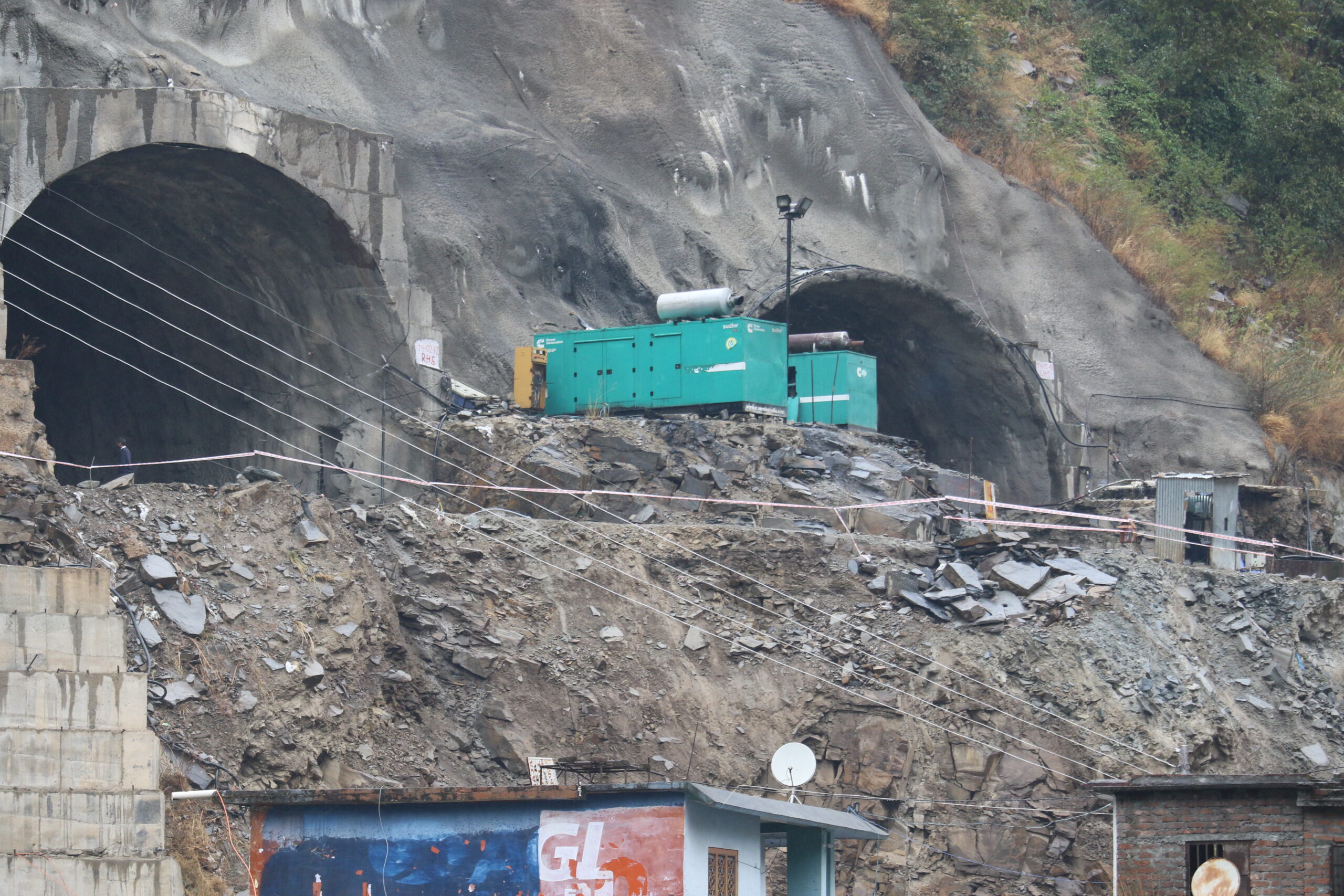Crimes increasing, cases piling up: State of India’s environment

United Nations has pointed out that environmental crimes have the potential to threaten the security & sustainable development of nations (MIG Photos)
Soon after the release of State of Indian Environment, 2021, a report about the current state of the environment in India, public interest litigation was filed in the Supreme Court asking the top court to issue directions for urgently filling up of large-scale vacancies that have been plaguing Indian courts, notably the National Green Tribunal.
The plea, filed by Shrikant Prasad, a law student, highlights the long pendency of cases in subordinates courts in India and seeks formal guidelines and rule of procedures for the appointment of judges within the time-bound duration. The absence of judges and other officers of the court is one of the biggest reasons behind the slow pace at which cases, especially environment-related cases are taken up by the courts.
The seriousness of understaffing becomes evident from a look at the National Green Tribunal, a special court dedicated to environmental issues. The NGT Act sanctions 10 benches in five zones — northern, southern, central, eastern and western — with two courts in each zone. The NGT should have a chairman and 20 members — 10 judicial and 10 expert — who constitute the benches. However, currently, the NGT has only 6 members, three judicial and three experts, besides chairman, former Supreme Court judge, Justice A.K. Goel. Since its inception, the NGT has never had full strength, leading to a huge pile-up of environmental cases, often very urgent,
The annual State of India’s Environment (SoE) report, released by the Centre for Science and Environment (CSE) late in February, says over 50,000 environment-related cases were pending trial in various courts in 2019. “At the current rate, courts will take about 33 years to clear the backlog of cases for violations under forest, wildlife, environment protection and air pollution laws. Courts would have to dispose of 137 cases a day,” the report read.
It further said that in 2019, there were 86 cases on average (under all environment and pollution-related laws) that were disposed of by the courts every day but last year, the pace slowed down due to the pandemic.
“We do not consider the environment important enough. Unless it is a huge natural disaster or forced displacement of people from a place, we do not think of the environment impacting humans directly. But looking at the current state of crimes against the environment, if we don’t act swiftly, it will only lead to a higher rate of crimes as consequences are too delayed,” Amrish Mishra, an environmentalist who works with Fridays For Future Delhi (DelhiFFF), part of Fridays For Future India NGO, tells Media India Group.
According to the latest available data, 34,671 environment-related crimes were registered in 2019. Over 7,000 cases were pending police investigation. A similar number of cases (34,503) was reported in 2018 according to the previous edition of the SoE. Uttar Pradesh, Rajasthan and Maharashtra accounted for 77 pc of India’s wildlife crimes in 2019.
Water, pollution, wildlife & forests cases face delays
The SoE report goes on to say that of the total number of pending cases, some categories are impacted more than the others. It says that the worst showing is for the Environmental (Protection) Act and the Air & Water (Prevention & Control of Pollution) Act, where it will take over 32 and 33 years, respectively, to clear the huge backlog of pending cases. Over 90 pc court cases remain unresolved under five of the seven Acts related to forests, wildlife, environmental protection and pollution.
For instance, under the Forest Act and the Forest Conservation Act, the average number of cases courts disposed of every day in 2018 was 5.56. At that rate, courts will take 9.2 years to complete the backlog. States with the most numbers of offences were Uttar Pradesh (1,436), Rajasthan (471) and Himachal Pradesh (240). Similarly, under
Wildlife Protection Act, the average number of cases courts disposed of every day in 2018 was less than one. At the current rate, it will take more than 13 years to clear the backlog of cases.
Urgency to resolve environment-related cases
To address a large number of pending cases, the National Green Tribunal (NGT) was set up in 2011 to expedite the resolution of environment-related conflicts, preferably within six months. But within a few years, there were 3573 environment-related cases pending in the National Green Tribunal by 2018, according to Press Information Bureau in India.
NGT claims that it has disposed of around 28,000 of the 31,000 cases, almost 90 pc, it received between 2011 and 2019, but lawyers dispute it saying cases often do not even come up for hearing.
Mukti Gautam is a lawyer and environmental activist practising in Gwalior, Madhya Pradesh. In 2006, she took up a case of persons impacted by the construction of the Bansagar dam on the Sone river. The 347 m high dam led to the flooding of almost 300 villages and habitations, home to over 125,000 persons. Over 15 years later, the oustees of the project are yet to receive compensation – house, alternative land and monetary payment that was part of the initial agreement reached with the residents of the area.
Gautam says that as the victims of most environmental crimes or violations are poor, the governments tend to ignore them. “The only reason that governments in our country and even the common people do not take these cases seriously and let it pile is that does not have a catastrophic effect immediately,” she explains.
She goes on to say that even the United Nations has pointed out that environmental crimes have the potential to threaten the security and sustainable development of nations and must be dealt with a heavy hand and urgently.
The pending issues reported in SoE range from cases challenging environmental approvals granted to power projects and those questioning governmental permission to use forest land to issues of air and noise pollution.
While NGT, environmentalist Mishra says, has started to work in a better way than before, its orders have often taken a cautious approach. For instance, the NGT has refused to stop work at project sites during the pendency of cases, maintaining that companies cannot claim equity at a later stage, or in other words, take the defence of fait accompli.
“This is of little comfort for the affected communities, as the environment once destroyed is hard to restore. While it is perhaps too soon to evaluate the NGT, its very existence brings a much-required degree of prominence to environmental legal issues in India,” he adds.
There is little one can do except asking questions from the government, he says. “What we as activists and common people can do is to question the NGT and the government, and make sure that voices reach the Centre as well as the courts, both of who have done little to help the environment in our country,” he adds.










